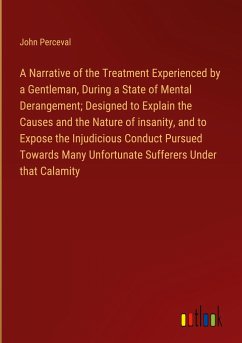Universities represent centers of learning and discovery. They are viewed with public reverence as places populated by bright, innovative and collaborative minds. Ivory Towers. But all too often, as This Unfortunate Business reveals, academics who wander the halls of higher learning have their daggers drawn. Driven by envy, they are preoccupied with their personal place in institutional hierarchy and history. Academic advancement often occurs at the expense of others - colleagues with whom they supposedly work in productive liaison. Andrew Duncan, recently appointed as chairman of a Division, is a surgeon consumed with caring for his patients. Apart from that paramount goal, there are many institutional responsibilities requiring his undivided attention. Thus preoccupied, he initially ignores his inexplicably paltry income. But he is eventually compelled to investigate the financial intricacies and inequities of the department that he oversees. His inquiries reveal staggering incompetence and probable malfeasance. Andrews exposure of this dilatory conduct and possible corruption meet with unexpected resistance and criticism from those senior to him. This response leads - not to investigation of his allegations - but to what appears to be open institutional criticism and outright retaliation. This Unfortunate Business tells of these political machinations, all too frequent in academic establishments, and how Duncan attempts to navigate through the many pitfalls set before him. Throughout his trials, he continues to perform complex reconstructive operations; one goal of his work is to demonstrate a dramatic advance in treatment of the newborn with major limb deficiencies. But can such a goal be achieved within such a dysfunctional system?
Hinweis: Dieser Artikel kann nur an eine deutsche Lieferadresse ausgeliefert werden.
Hinweis: Dieser Artikel kann nur an eine deutsche Lieferadresse ausgeliefert werden.








